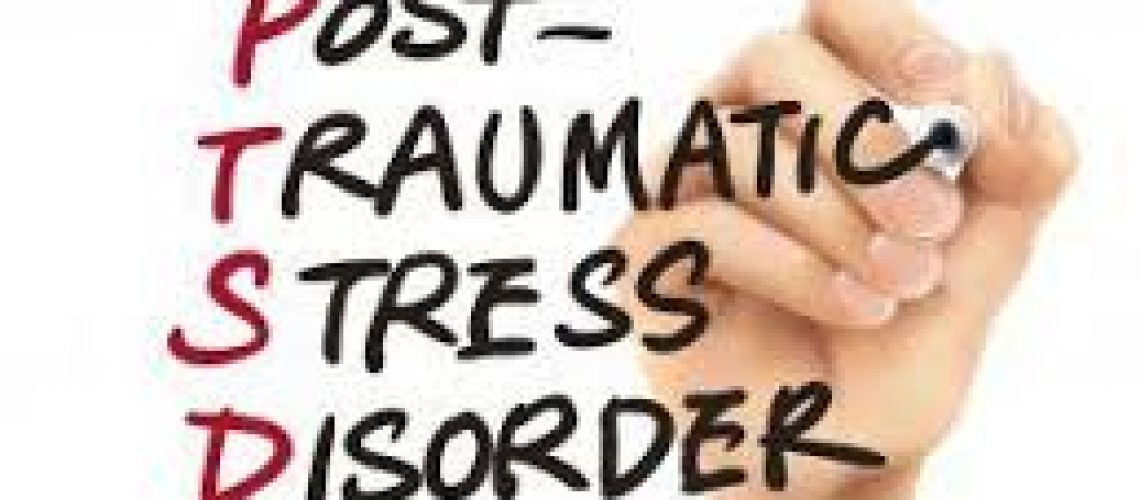The number of patients meeting criteria for post-traumatic stress disorder (PTSD) diagnosis may drop following the proposed revision of the International Classification of Diseases (ICD), researchers suggested.
Geared towards creating more specificity for the disorder, the ICD-11 lists just six criteria for PTSD — far fewer than the 13 symptoms in the current ICD-10 template. In a new analysis comparing the two classifications published in Psychological Medicine, Anna Barbano, BS, of New York University School of Medicine in New York City, and colleagues determined the ICD-11 criteria would still identify severe cases of PTSD, but miss patients whose symptoms fall in the moderate range.
For example, patients who were assessed within the first 60 days of trauma show PTSD prevalence to be 24.89% under the ICD-10 compared to 12.94% with ICD-11, with 97.99% of the ICD-11 group also meeting the ICD-10 diagnostic criteria.
The ICD-11 also identified more severe PTSD cases, with the average Clinician-Administered PTSD Scale (CAPS) scores of this group 31.38% to 36.49% higher than the ICD-10 group (P<0.0001).
The fear is that patients with moderate PTSD symptoms would have less access to care if the new ICD-11 diagnostic criteria are used as a gatekeeper to treatment coverage, Barbano said to MedPage Today, suggesting that clinicians continue to draw from their clinical knowledge and experience in evaluating patients post-trauma.
“As seen in the move from DSM-IV to DSM-5, changes in diagnostic criteria can significantly affect the prevalence and overlap of individuals identified as having PTSD,” Barbano explained. “The new edition of the ICD-11, which is used worldwide for diagnostic coding, offers a particularly radical change: it removes symptoms common to other disorders — particularly mood and anxiety disorders; for example, sleep disturbances, irritability — and restricts the criteria to symptoms ostensibly specific to PTSD.”
For this study, she and her team included 3,863 survivors of traumatic events who were included in the pooled dataset of the International Consortium to Predict PTSD. Participants were divided into groups based on whether they met PTSD criteria by the ICD-10, ICD-11, both, or neither.
The new ICD-11 template is currently pending release sometime this year following years of delays. The proposed criteria for PTSD are dissociative flashbacks, nightmares, hypervigilance, exaggerated startle response, avoidance of external reminders, as well as avoidance of thoughts and feelings tied to the traumatic event.
Old ICD-10 criteria for PTSD on the chopping block include difficulty falling asleep and inability to recall an important aspect of the event.
——————————————————
Photo courtesy of: Medical Coding News
Originally Published On: Becker’s Med Page Today
Follow Medical Coding Pro on Twitter: www.Twitter.com/CodingPro1
Like Us On Facebook: www.Facebook.com/MedicalCodingPro







